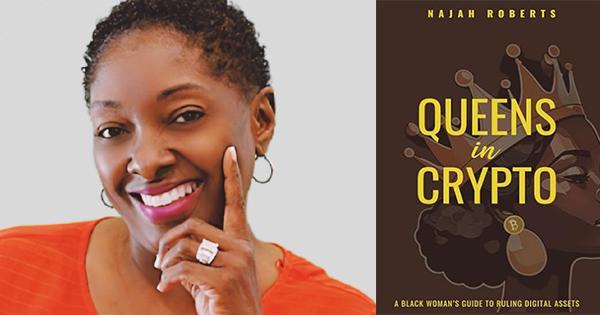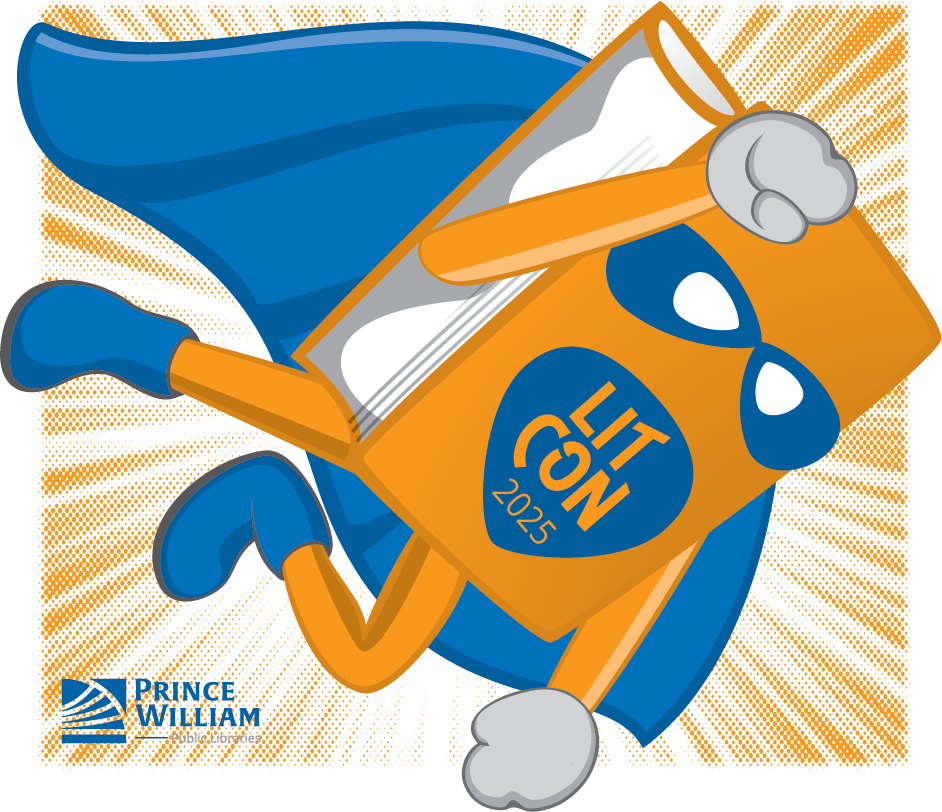4 Ways Black Parents Can Get Involved This School Year
by Aziah Siid
A new school year can be difficult: no matter how many “first days” families may have experienced — or summer work packets teachers have handed out — walking into a new school year is something neither students nor families can fully prepare for.
The 2024 school year will pass crucial milestones, including the end of federal COVID-19 relief funds in September, which helped schools hire extra teachers, and a November presidential election in which Donald Trump, the Republican candidate, has proposed eliminating the Department of Education. The move could sow chaos and turn public education upside down. Given the stakes, parental involvement and preparation for the school year are as critical as ever.
While students participate in their own education through student government, school assemblies, and peer conversations, parents can have a say, too. Here are four ways experts say parents can participate in the upcoming school year.
1. Local Parent-Teacher Associations (PTAs)
One of the most common ways for parents to engage with their child’s education is through the local Parent Teacher Association. The school-based organization is made up of parents, teachers, administrators, and other community leaders assisting with the decision making happening within school walls.
PTAs help parents participate in the school year through fundraising for events or school supplies, keeping them informed on school or district developments, helping families advocate for their children, and working with school administration.
Joining a PTA is a time commitment, though: members are expected to attend meetings and participate in group activities geared towards school or curriculum improvement. That can be a challenge for low-income or families whose native language isn’t English. As a result, transportation issues, language barriers and childcare are issues that should be considered before joining a PTA.
2. State Education Coalitions
Coalitions are a diverse, collaborative group aimed at addressing specific issues, or political policies in education. Typical activities include educational programs, network meetings, engagement with lawmakers, and providing support for their target groups like Black or low-income students.
With the creation of these coalitions, they join together to improve educational opportunities, discuss issues deeply rooted in their school culture — like the lack of Black teacher representation and food disparities. From working on ways around curriculum restrictions or book bans to helping students access much-needed resources, coalitions are another outlet for families to have a voice in their child’s education.
3. At-Home Engagement
Research shows that additional learning outside of school walls, like keeping books in the home, and participating in extracurricular activities, help keep students caught up. The Center for Comprehensive School Reform and Improvement suggests parents can do this by reading with their children, helping them with homework, and discussing school events.
4. Vote in Upcoming Elections
A significant way to stay involved in your child’s education is by voting for political candidates whose platforms align with your beliefs about what K-12 education should look like.
RELATED: The Steep Price of School Underfunding
During the last three years, local and state officeholders have introduced controversial policies — like book bans, restrictions on the teaching of African American studies, and even a requirement to post the 10 Commandments in every classroom. But pushing back on those policies is a job for parents themselves — especially those who have school-aged children that are directly targeted by restrictive policies. Knowledge of candidates and their positions on education is power at the ballot box.



